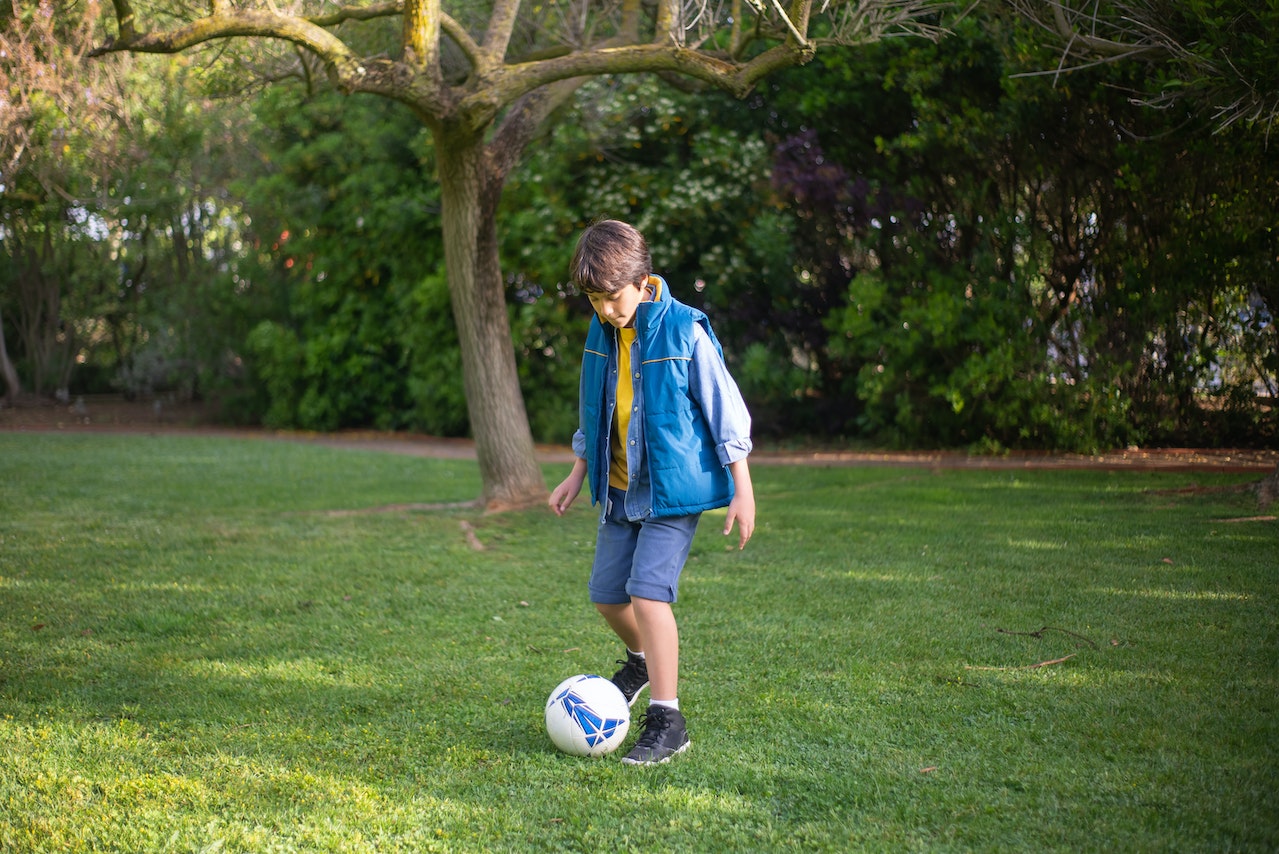
I think it’s safe to say most of us can remember a time or two million when our parents or another caring adult said or did something when we were younger that had a negative impact on our self-esteem. Lord knows I can remember a few things. Even the most well-intentioned adults can say some pretty hurtful things, can’t they? In their effort to help us become what they wanted for us, the adults in our lives either said or did something that reinforced the idea that their love and adoration for us was based on our performance.
As a result of the sore spots in our upbringing, many of us are keenly aware of the things we say and do to and around our kids, right down to our facial expressions. We’re so scared of damaging our kids and destining them to lifelong therapy.
But even we can fall into the trap of performance-based praise if we’re not careful—heavily researching, overthinking parents that we are. I mean, who doesn’t want to see their kids succeed? So, how do we encourage our kids to live up to their potential without sending them the message their worth is tied to what they can do? One word: stewardship.
According to the dictionary, stewardship is “the responsible overseeing and protection of something considered worth caring for and preserving.” You may be wondering how this applies to this particular area of parenting. Let’s unpack this with a scenario:
Your kid gets a good grade. Instead of celebrating the good grade and moving on, you can go a little deeper by saying something like, “I’m so proud of you for getting this good grade. It shows me that you really understand what you’re learning. The things you’re learning can really be helpful not only to you, but to other people too.”
When framed this way, your kids’ knowledge, skills, and gifts almost become like their superpowers—these gifts can be used to serve both themselves and the world. Because here’s what we want our kids to ultimately understand: It’s not about what they can do, it’s about who they can be.
- Our kids can be kind.
- Our kids can be helpful.
- Our kids can be service-minded.
You can’t control how your kids interpret your words, but you can consistently move the conversation away from performance and in the direction of stewardship. You can do this by . . .
. . . being mindful of what you celebrate because what gets celebrated gets repeated.
. . . explaining why something is important before your kids ask.
. . . encouraging good thought processes.
We may not always get it right, but we can try. When we affirm our kids’ character instead of their performance, we are communicating that who they are intrinsically matters way more than anything they could ever do. And when we constantly reinforce to them that their abilities or gifts can be used to not only help themselves, but others, too, we can refocus their attention on the act of serving others.




